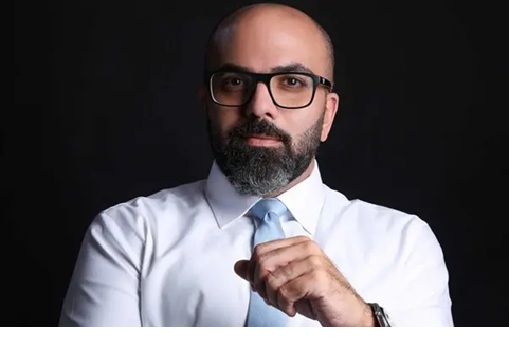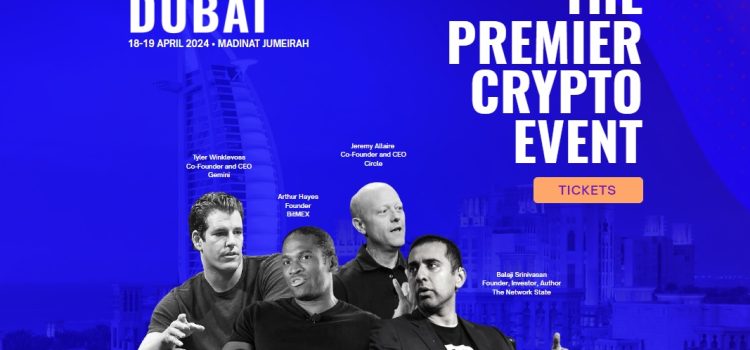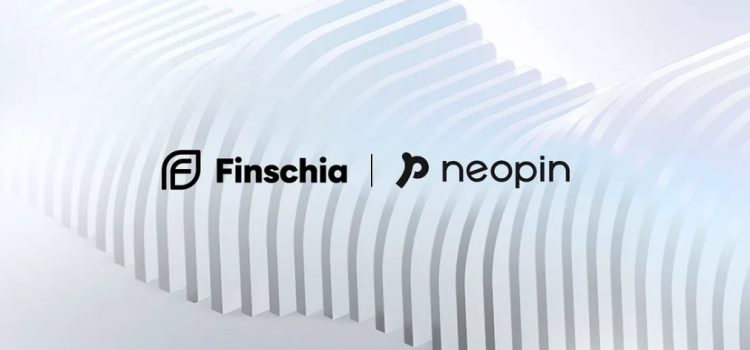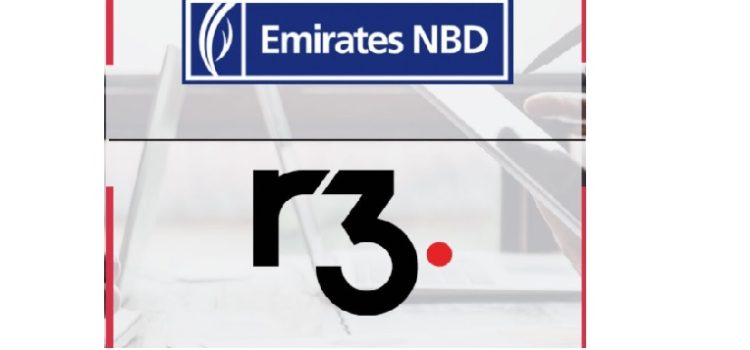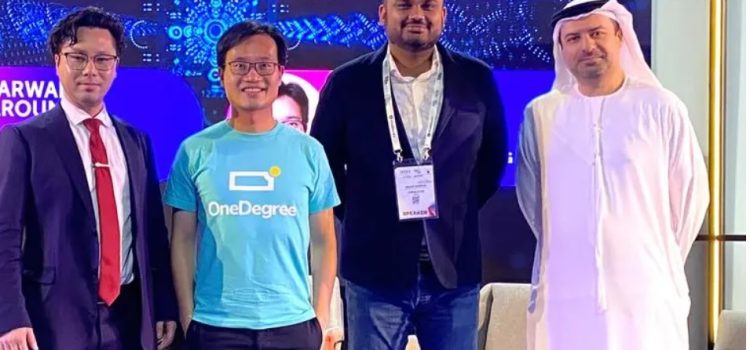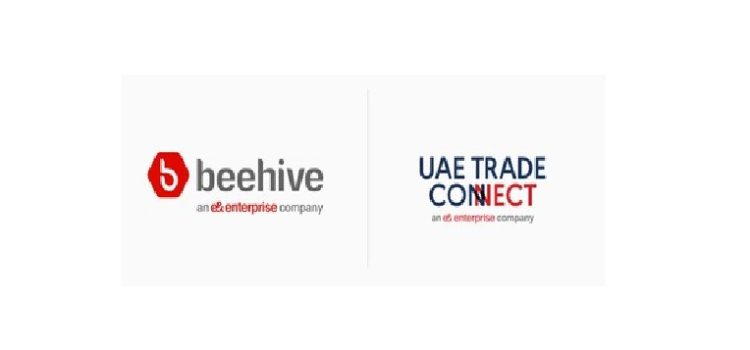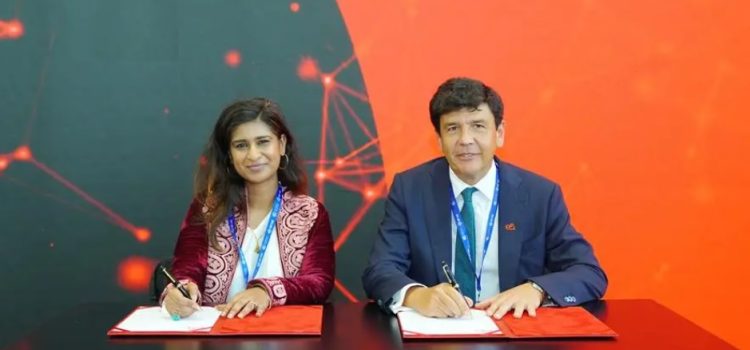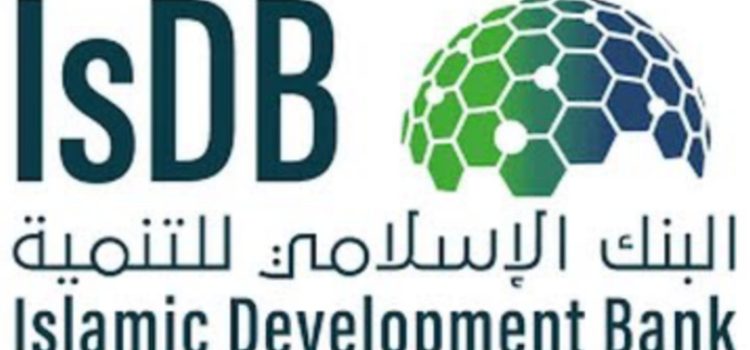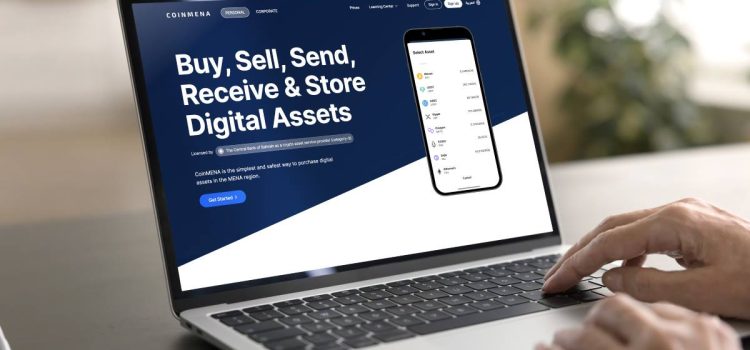
Token2049, global Web3 conference launches inaugural crypto event Dubai UAE on April 18-19 2024. The first round of the event’s speaker lineup has been made public. Speaker names include Paolo Ardoino, CEO of Tether; Sandeep Nailwal, Co-Founder of Polygon; Arthur Hayes, Co-Founder of BitMEX; Roger Ver, angel investor and founder of Bitcoin.com; Sergey Nazarov, Co-Founder of Chainlink; and Daniel Alegre, CEO of Yuga Labs, amongst 50 other industry leaders.
Alex Fiskum, Co-Founder of TOKEN2049 said, “Following the success of our latest iteration of TOKEN2049 in Singapore, we’re immensely proud and excited to bring the world’s premier crypto event to an entirely new region. Traction for the event so far has been phenomenal with thousands of registrations already, setting the stage for what will no doubt be a completely sold-out event. Today is the first of many exciting announcements to come in the lead-up to the event in April 2024.”
Set to be held at Madinat Jumeirah, TOKEN2049 crypto event in Dubai will see entrepreneurs, investors, developers, industry leaders, and global media gather to discuss the most prevalent topics across crypto and Web3. Throughout TOKEN2049 Week, taking place 15-21 April 2024, attendees will participate in a wide range of side events, workshops, and exclusive networking opportunities.
TOKEN2049 Dubai has also revealed the names of a handful of the title sponsors confirmed thus far. The list includes a number of industry-leading cryptocurrency exchanges and marketplaces such as BingX, CoinW, Zeebu, the Web3 powered neobank, tailormade for telecom settlements; M2, an Abu Dhabi based crypto investment platform, TRON, decentralizing the web and and DWF Labs – a global digital asset market maker and multi-stage Web3 investment firm.
TOKEN2049 Dubai will welcome exhibitors from around the world to showcase their projects at the conference. Building on the success of TOKEN2049 Singapore, which took place in September 2023 and brought together over 300 exhibitors and more than 10,000 attendees, with 80 percent coming from overseas, TOKEN2049 is set to break records in the MENA region and further cement its position as the leading global Web3 event series.


